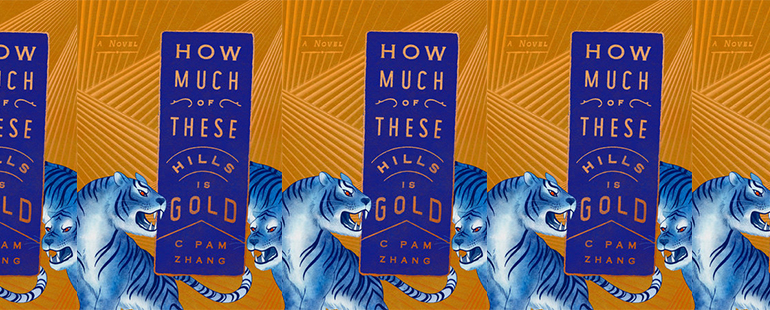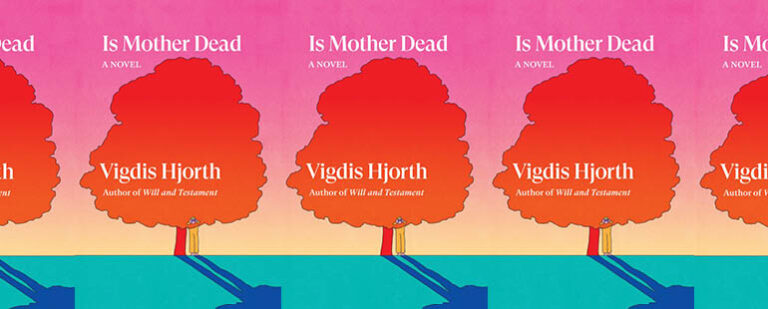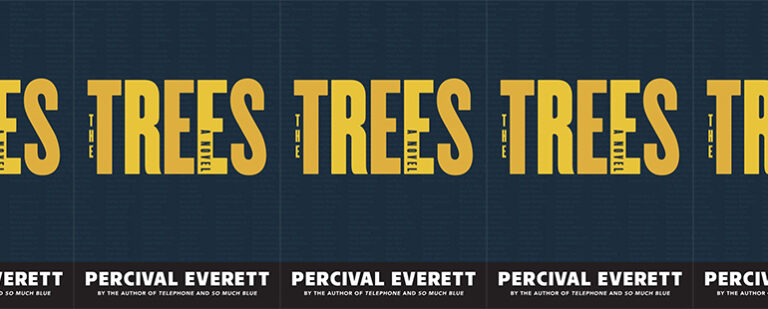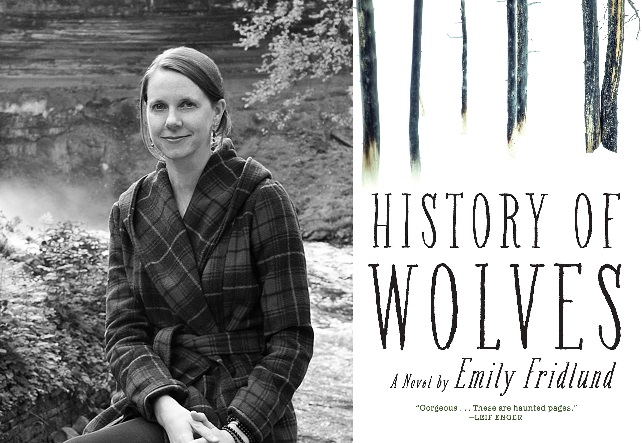How Much of These Hills Is Gold by C Pam Zhang

How Much of These Hills Is Gold
C Pam Zhang
Riverhead Books | April 7, 2020
C Pam Zhang’s How Much of These Hills Is Gold unfolds the story of a family struggling to survive the years following the Gold Rush. In the first part of the book, sisters Lucy and Sam, (ages 12 and 11, respectively), must bury their dead father. They are also without a mother, who disappeared after their little brother died at birth. All that remains of this family are two wildly different sisters bound by both their Chinese heritage and shared memories of their family’s nomadic life.
Where Sam is wilderness, Lucy is civilization. Where Sam is nomadic, Lucy desires to be claimed by a place. To comfort their mourning father after the loss of his son and wife, Sam becomes his pseudo-son and one comfort, marking this transformation by wearing men’s clothing, short hair, and a carrot or rock near the groin. Lucy, the daughter with an aptitude for book learning, was her mother’s favorite and bears the painful memory of her father’s resentment for reminding him too much of her mother. Because she does not know where her father buried her mother, she has a hard time burying her father.
Both the metaphorical and literal meanings of “burying” come into play, the novel opening with the sisters leaving town with their dead father, Ba, in their mother’s old trunk. The story’s Faulkner-esque beginning, reminiscent of As I Lay Dying, does not shy away from describing the grime on the sisters’ bodies and the decay of the Ba’s body as maggots eat it and its limbs fall off. These details are offset by Zhang’s poetic voice: “Ba dries up smaller than Lucy, smaller than Sam. They pour him into the empty rucksack: the startling brown flower of his ribs, the butterfly of his pelvis, the grin stuck to his skull. And lengths and lumps they can’t identify, hardened mysteries that may hold the answer to questions Lucy never could ask.” As Ba’s body decomposes, however, Lucy learns there are still more questions than answers to her family’s story. The novel reveals a bifurcated family history: though Ma was a laborer brought from China to build the railroads, Ba, also of Chinese heritage, was born in the west and grew up among American Indians. Ba was a prospector forced to become a miner to support his family; Ma always carried a piece of gold on her person.
Short sentences, brief chapters, and one-word chapter names that repeat throughout the four parts of the book invite readers into the many different facets of this family’s history. The chapter names—“Salt,” “Plum,” “Water,” “Mud,” and “Gold”—help readers see the many connotations these words have in the lives of this family. Sam, for example, likes plums, but plums are also symbolic of the bruising Sam receives from cruel children at school. Water is a boon in the desert, but it is also a symbol of the human degradation of the earth: in the mining camps, water must be boiled because of run-off from the mines. Gold has shaped Ba’s life as a prospector and then miner, but Lucy notices the deepest shades of gold actually come from the wildflowers and grasses on the hills, giving depth to the book’s title.
The order in which the chapters are arranged also lends layers to the story Zhang tells. Each part is marked by dates: Part I is set in “XX62”—presumably 1862, but the XXs allow readers to imagine how this story might have played out in other centuries, and how it still plays out today—revealing an ever-recurring tension between the present’s relationship with the past and future. Guiding questions in this book like “What makes a family a family?” and “What makes a home a home?” are simultaneously answered and confounded in Part II, which takes readers three years back, to a time when the family was together in a mining town. Their desires—Ba’s for prospecting instead of mining, Ma’s for a life where they are not always scraping, Lucy for schooling, and Sam for a life where she isn’t confined in a school or at home—bump up against each other and sometimes clash, but the tipping point is the death of the infant son. As a result, the family fragments. Both sisters seem to mourn Ma differently: the knowledge of Ma’s disappearance informs Sam’s desires to go west and across the ocean to China, while for Lucy, it is her love for Ma’s sophistication and beauty that causes her to grapple with the desire for the civilization her schoolteacher spoke of in cities out east.
For most of the novel, Lucy believes Ba wouldn’t tell her where he buried Ma out of his own mourning and spite. It is a desire to bury a part of her family history that she doesn’t understand that brings twelve-year-old Lucy to Sweetwater, a small town that has been enriched by the gold trade. She lengthens her name to Lucinda, and she parts from Sam, in a move that readers come to see is similar to what happened to Ma. As the only section rendered in the first-person voice of Ba’s spirit speaking to Lucy in a dream, Part III gives readers the gift of a backstory—of how Ma and Ba came together, of how they dealt with loss, and importantly, the reason Ba never revealed where Ma was buried: she didn’t die. The history of her and Ba’s shared life weighed on her—guilt, anger, pain, and suffering built up over the years. So, she left—Ba cannot quite say why. He reasons she wanted a better life.
Though Ma is gone, the effects of her leaving play out in Part IV, set in a new present where Lucy is seventeen and Sam is sixteen. The sisters have been parted for five years. In the time that Lucy has slowly been trying to erase her past in a different life—the life of lovely clothes and daydreams that her new rich friend lives—Sam’s been exploring the west, always on the move. The old questions of home and family come to the forefront again when Sam travels to Sweetwater to find Lucy. In the course of an evening, Sam takes down Lucy’s façade, revealing to Lucy the emptiness of her pretty life in Sweetwater and prompting Lucy to see if she might accompany Sam on the next adventure—to China.
So much in this book is slowly revealed. With a nod toward the fact that Sam became Ba’s hoped-for son, Sam is never referred to with any pronouns and so readers only come to know Sam as Lucy’s sister when the word “sister” is used. Ma is referred to as “gone” throughout the book, allowing readers to interpret “gone” however they like until Part III when Ba reveals “gone” is not equivalent to death. In Part IV, it is Sam who reveals to Lucy the fate of their mother, because, though Ba revealed it in Part III, it seems that Lucy did not retain the knowledge from the dreamworld in which it was spoken, a reminder that history is not only slippery but also that the stories of ourselves are shaped by what we know. The missing pieces of Lucy’s understanding made her think she could reshape her history. But it becomes clear that this is a near-impossible task.
It is in these moments of revelation and in the small details of the story that Zhang shows the deftness of her craft. When the gold that has plagued her family’s history for years rears its ugly head at the novel’s end and Lucy must defend Sam against a gold man Sam owes, Lucy gives her body to pay off the debt. She agrees to be a prostitute in a house where the women are decorated like paintings in their own little frames. In this place of contrived beauty, Lucy ends up fulfilling Sam’s greatest fear—that Lucy will leave Sam. Sam, who resented Lucy’s desertion of Sam for Sweetwater, who said after they were reunited, “I figured you’d run too. Because you look so much like her,” who has carried the knowledge of Ma’s desertion for years, goes alone to China. And Lucy cannot follow. After paying off Sam’s debt, she reasons, “New places there may be, new languages—but there are no new stories. No lands left wild where men haven’t taken the value of things.”
For this reason, family and home ultimately have different definitions for the sisters, and so they separate. The sisters, too, are not just themselves, but symbols of different ways of living—one will always be searching for home and family, and one has perhaps already found both. As Lucy reflects at the novel’s end, there is another gold that continues to draw her: “She thinks about when she stood in a dead lake and held what men desired and died for. She thinks that was nothing, really, compared to the way the noonday sun makes the grass blaze. Horizon to horizon a shimmer. Who could truly grasp it, the huge and maddening glint, the ever-shifting mirage, the grass that refused to be owned or pinned but changed with every angle of light. . .” Unlike Sam, the explorer, Lucy feels there’s “[a] kind of gift in never knowing how much of these hills might be gold.”
The novel, in a way, does not have an ending. No punctuation marks the last desire of Lucy’s: “She wants”. Readers are left wondering what Lucy desires, if not to follow Sam to China. Her sentence lingers on the brink of a history being written in the speaking. Whatever is calling her—Ma, Ba’s spirit, Sam, the land—the mystery of it lingers long after the book is closed. Zhang’s How Much of These Hills Is Gold is a treasure-trove of questions that devastate even as they beckon readers on.


